Black patients who leave hospice care and patients with short stays in hospice care are at increased risks for being admitted to a hospital after being discharged from hospice, according to a recent study.
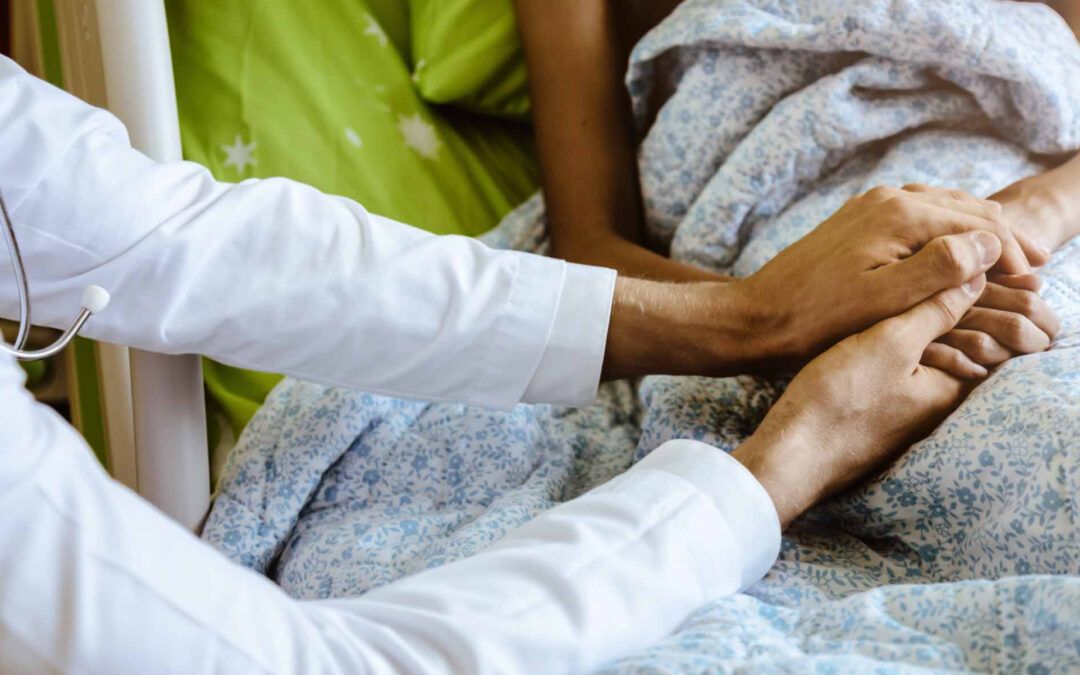

Black patients who leave hospice care and patients with short stays in hospice care are at increased risks for being admitted to a hospital after being discharged from hospice, according to a recent study.
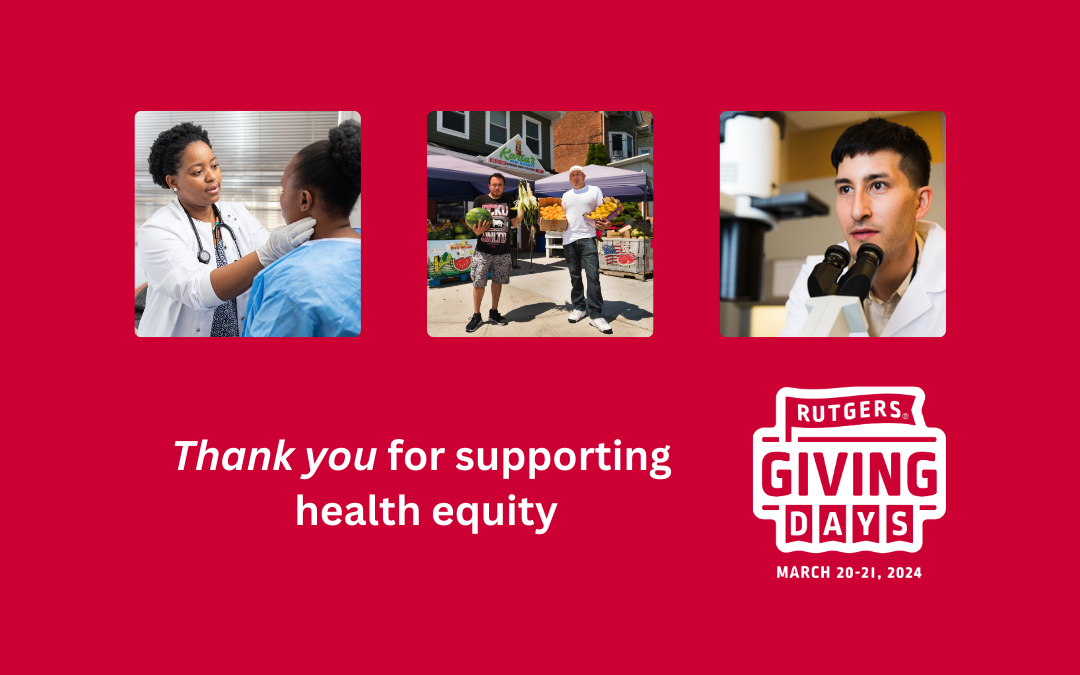
Through the March 20–21 fundraising event, the institute raised $30,550 toward cancer equity, local health equity, and global health equity.
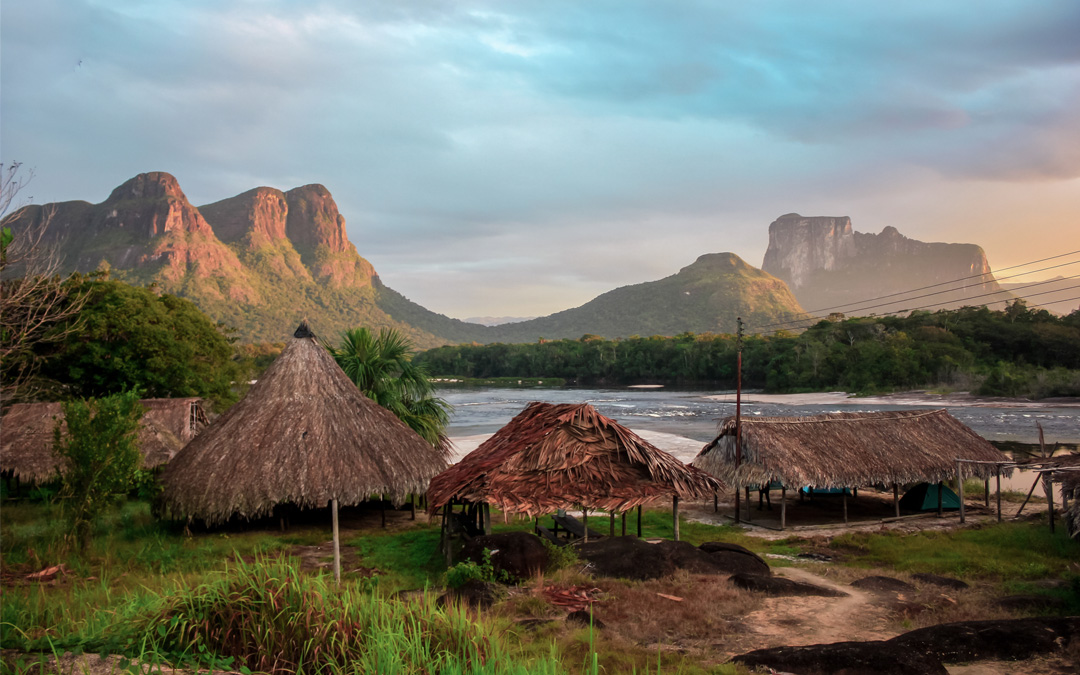
Funded by Global Health Seed Grants, five faculty-led efforts will address disparities in cardiovascular health, tuberculosis, impacts of climate change on noncommunicable diseases, vaccination coverage, and cervical cancer.
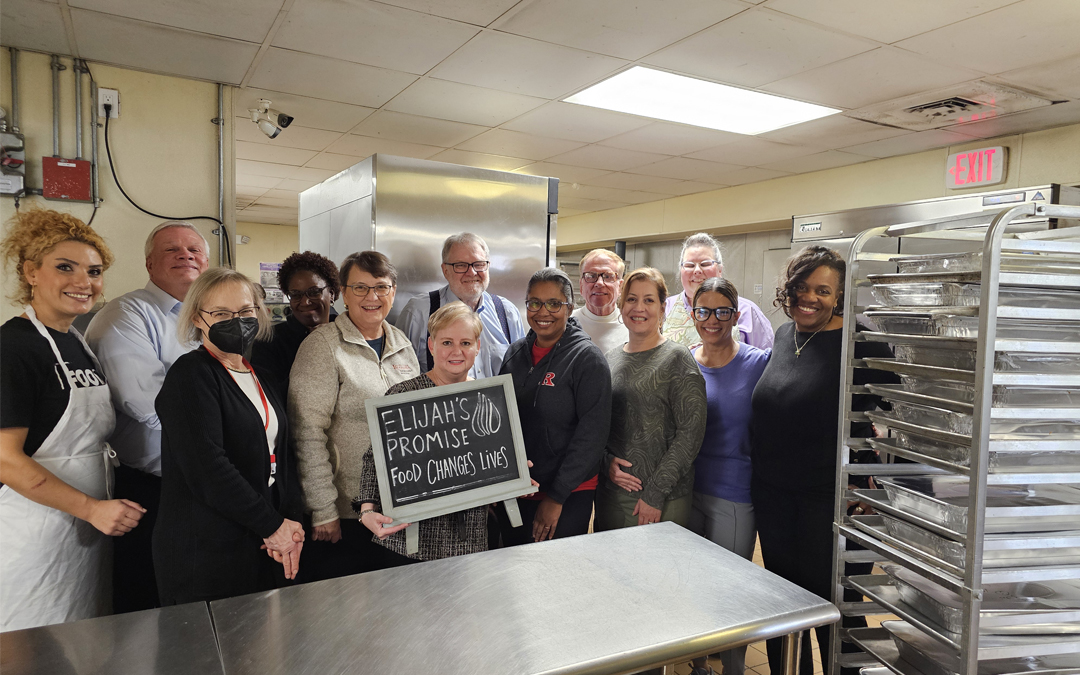
As the university’s biomedical education, research, and clinical care arm enters its second decade, new strategies are delivering healthier futures for New Jersey and beyond.
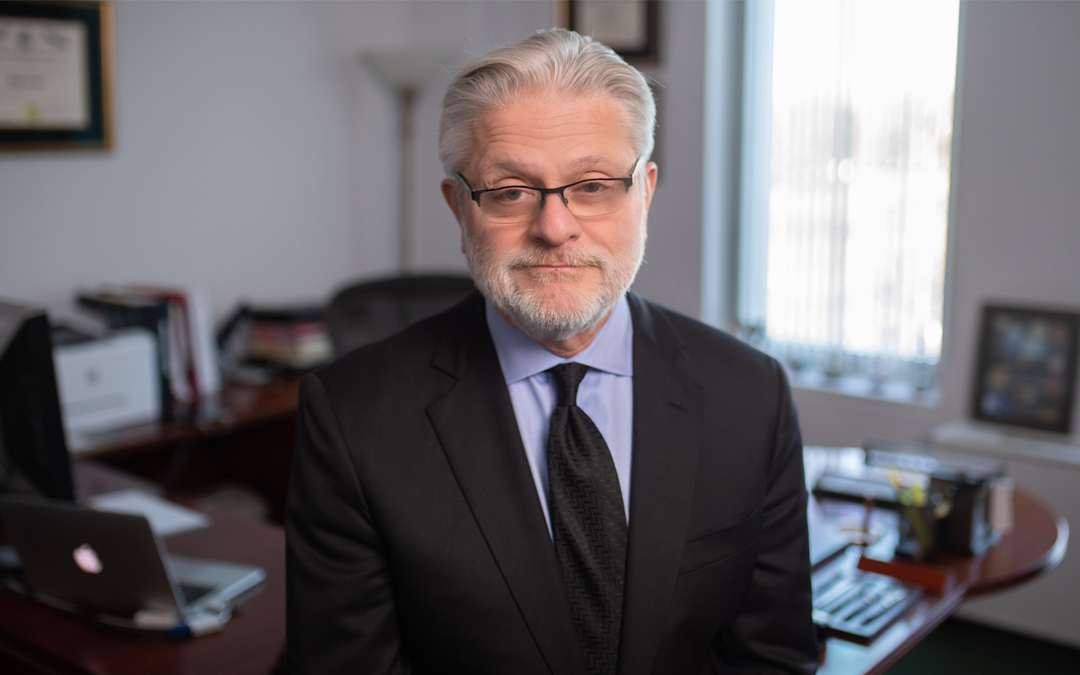
The president and chief executive of Rutgers University Behavioral Health Care is also a core faculty member of Rutgers Global Health Institute.
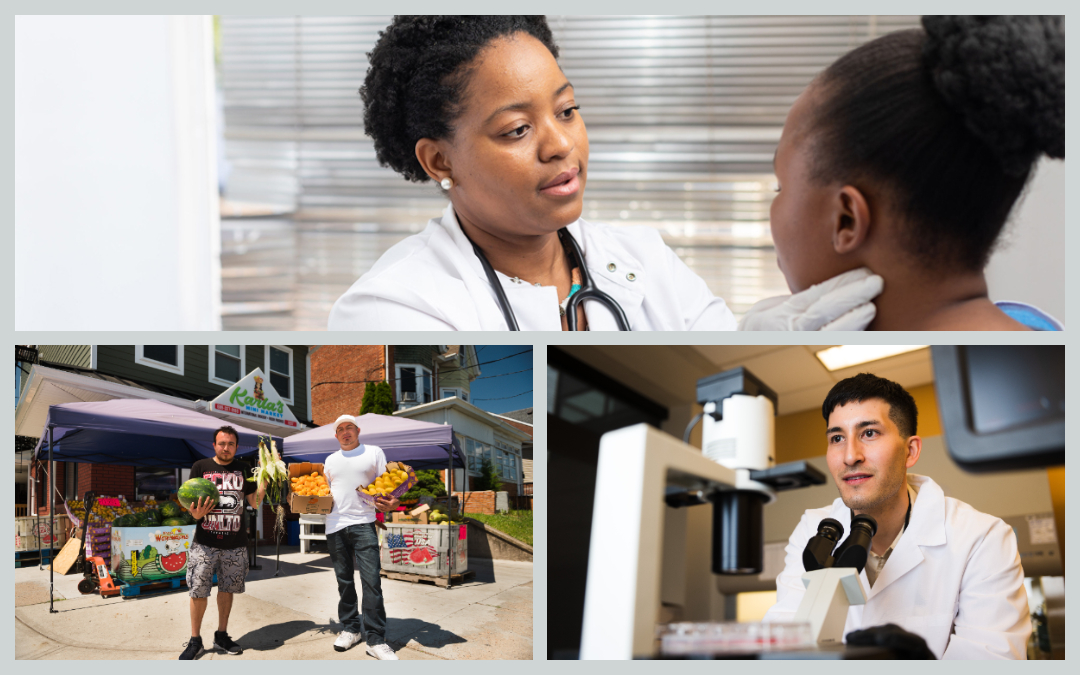
On March 20 and 21, Rutgers Global Health Institute is raising funds in support of cancer equity, local health equity, and global health equity.
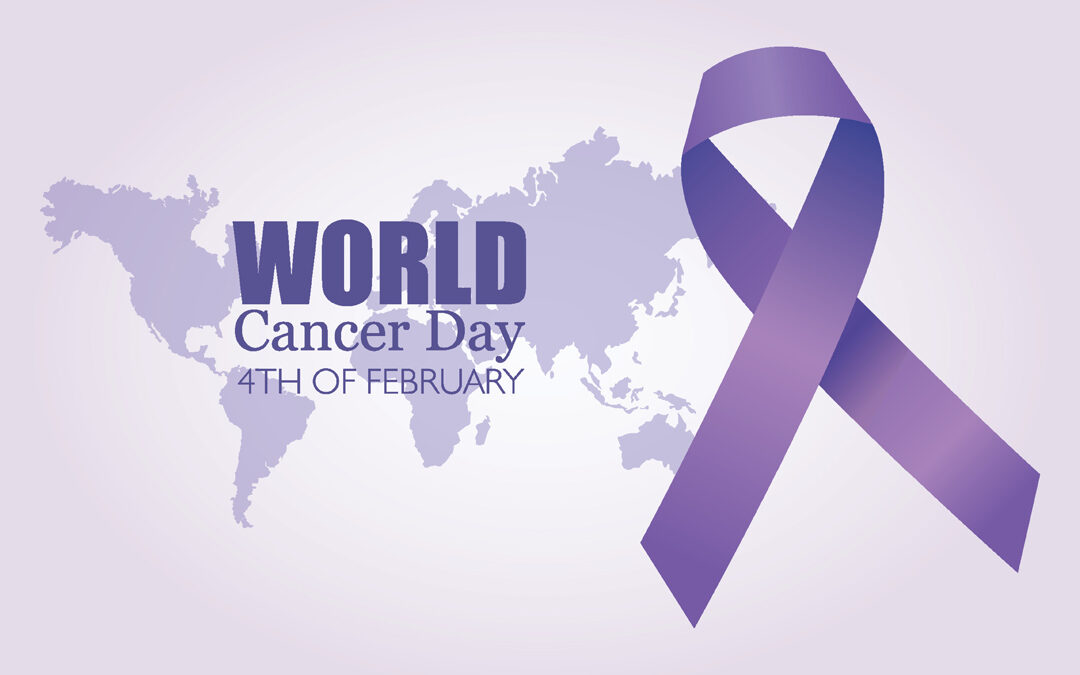
World Cancer Day is February 4. Richard Marlink, director of Rutgers Global Health Institute, discusses what we can do about the crisis of cancer in sub-Saharan Africa.
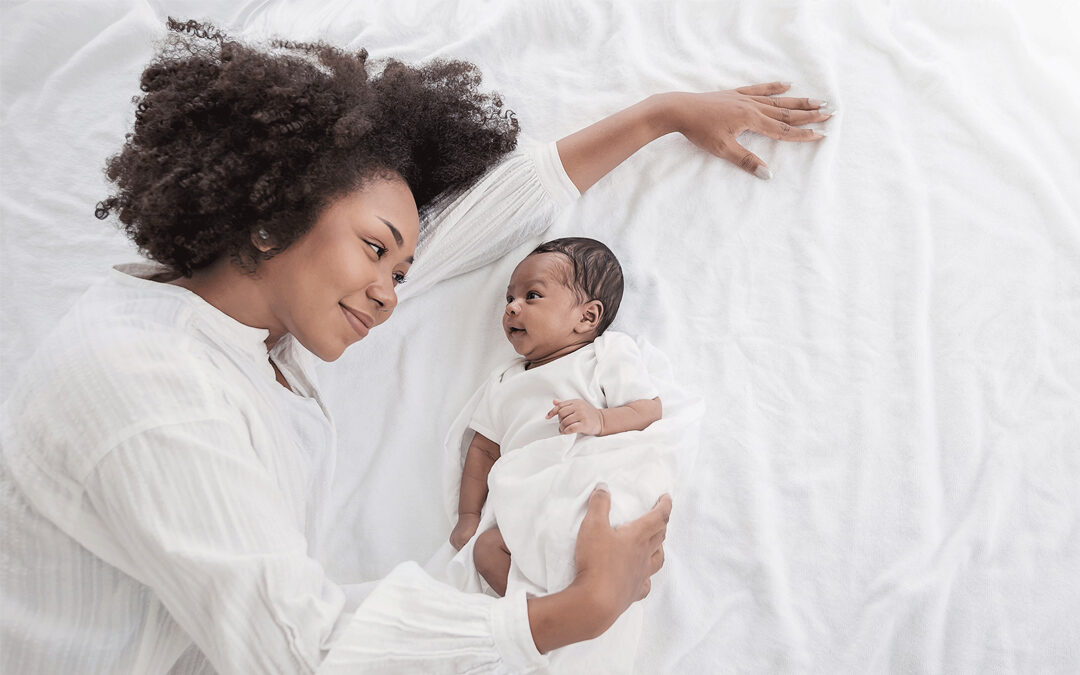
The research effort will enroll 500 participants during pregnancy and follow infants into childhood.
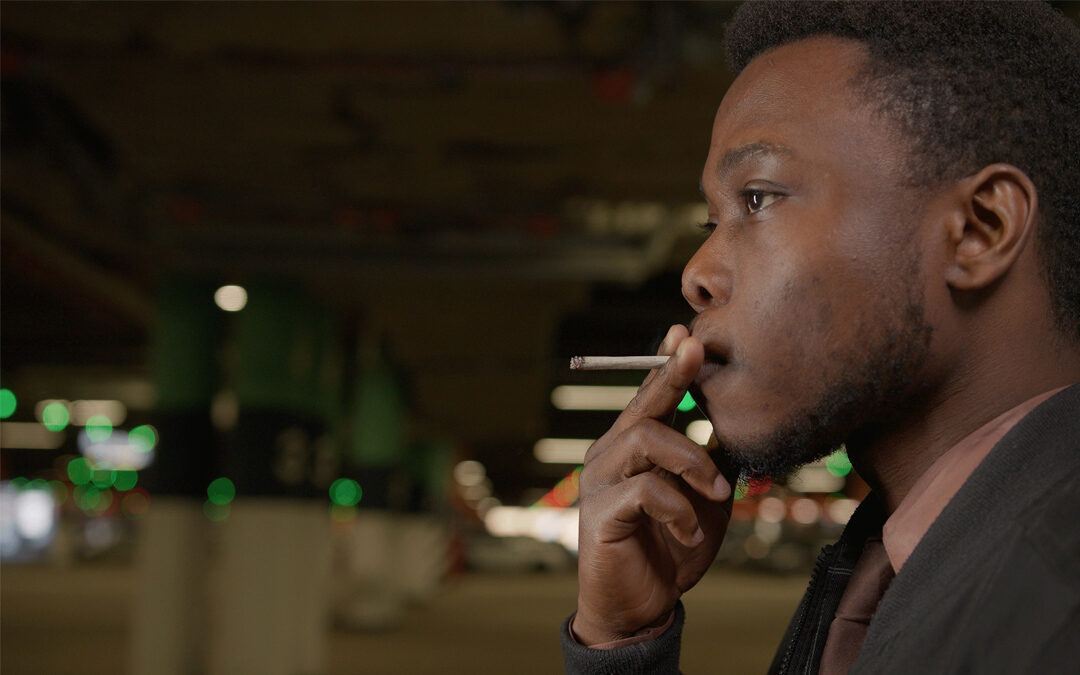
Findings from this research will help inform Black and Hispanic communities about the proposed FDA ban on menthol cigarettes.
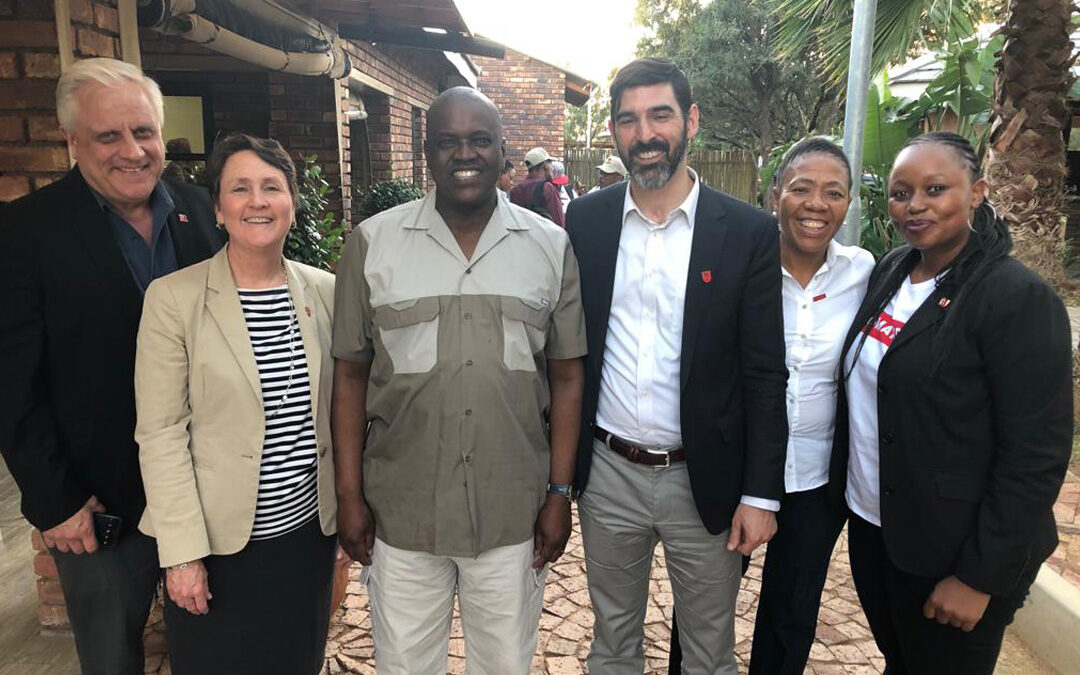
Rutgers Global Health Institute is featured in this story celebrating the 10th anniversary of the creation of Rutgers Biomedical and Health Sciences. The institute’s establishment and work to advance health equity are among the impacts of RBHS.